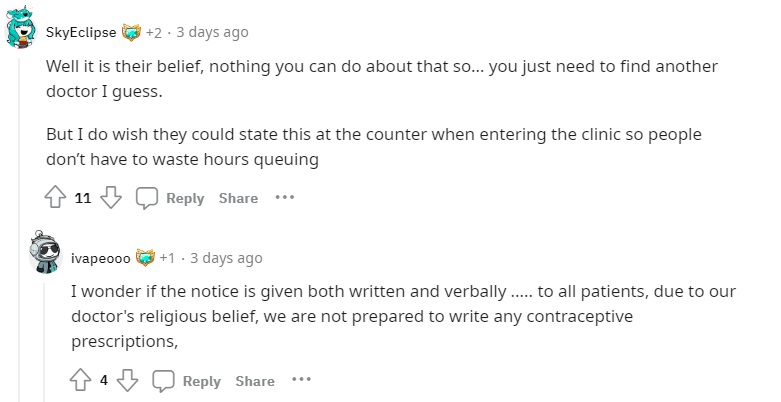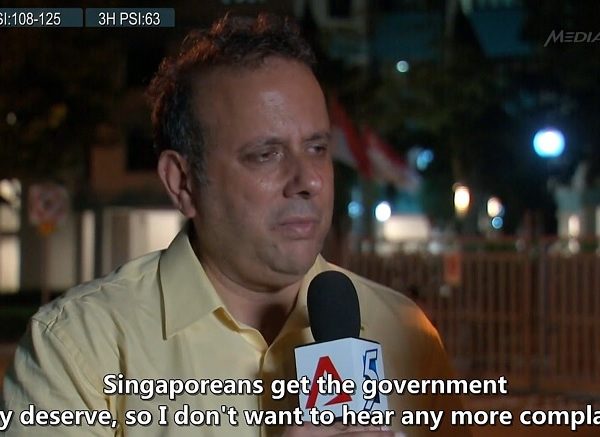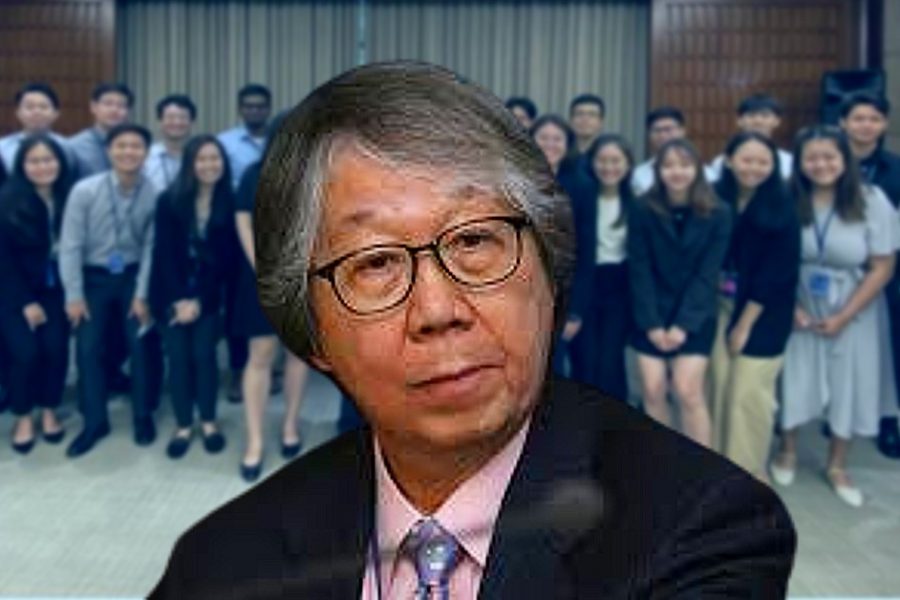Access to healthcare is an important issue that affects all Singaporeans, but what happens when a doctor’s personal beliefs clash with a patient’s healthcare needs?
One young woman‘s experience is a telling example. After waiting over an hour at a clinic to obtain Plan B, she was denied access to the medication by a doctor who cited her Christian beliefs as the reason. The young woman was left feeling frustrated and powerless, and her experience raises important questions about the role of religion in healthcare.

While the doctor’s decision may have been based on personal beliefs, it highlights a larger issue about the intersection of religion and healthcare. The young woman rightly pointed out that Plan B is a safe and widely used form of emergency contraception, but her needs were sidelined by the doctor’s personal beliefs.
The incident raises important questions about how we can balance religious freedom with healthcare needs.
While it is important to respect religious beliefs, healthcare is a fundamental right that should not be denied due to personal convictions. It is important for healthcare providers to prioritize patients’ needs above their own beliefs.

The young woman’s story is a reminder that we need a healthcare system that is free from discrimination and bias. It is time to have an honest conversation about the role of religion in healthcare, and how we can ensure that everyone has access to the care they need, regardless of their personal beliefs.
In conclusion, the incident described by the young woman highlights the need for a healthcare system that puts patients first. Religious beliefs should never be allowed to interfere with someone’s access to care, and we must work together to find solutions that balance the needs of all Singaporeans.





